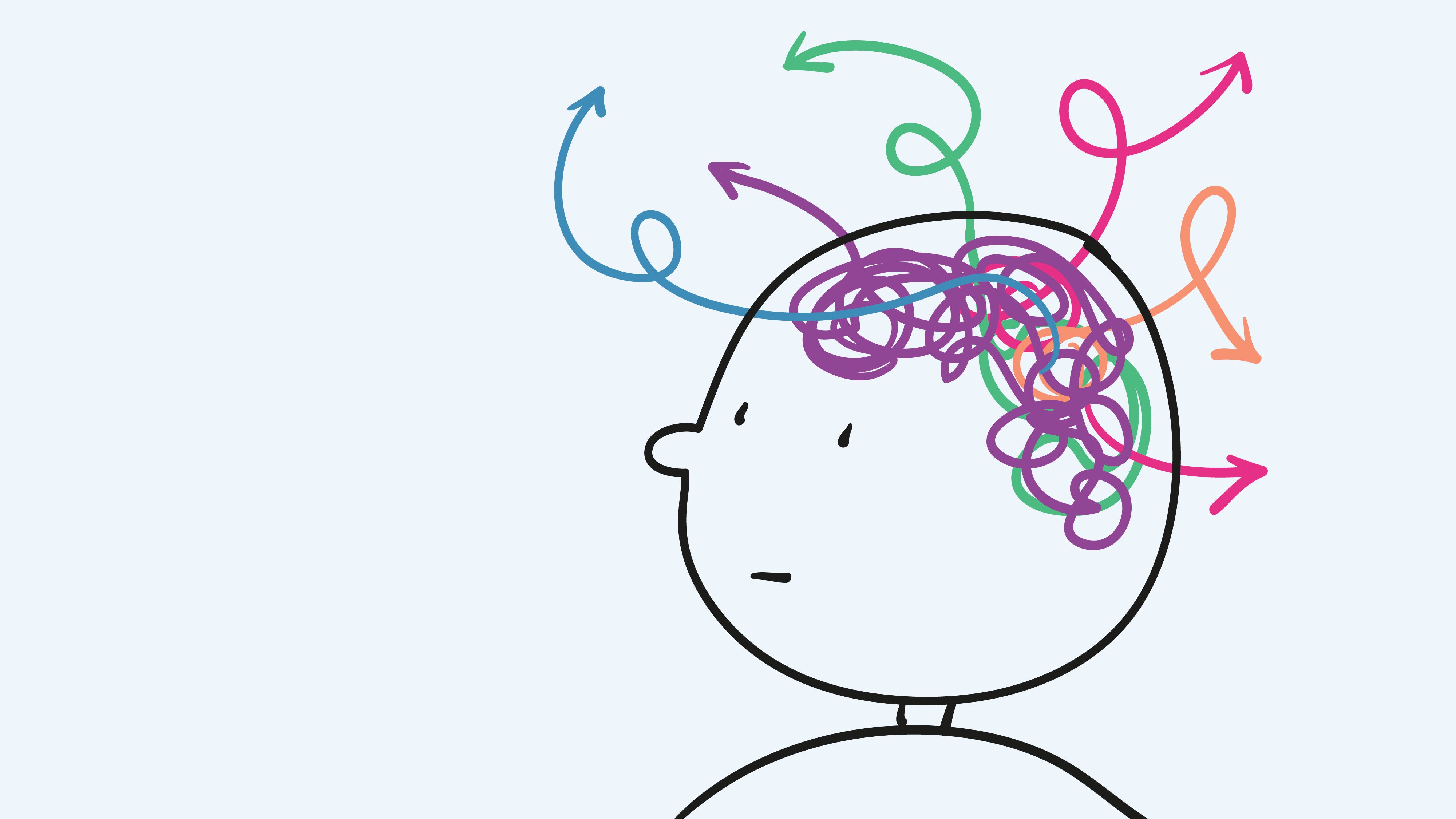Maximizing brain health and functionThe brain is the control station for every process in the body. If the brain and/or the nervous system are disturbed, certain parts of the body do not function well. Functions that we take for granted like breathing, digesting, walking, and learning can become dysfunctional or completely cease to work when the brain is disturbed. It is therefore very important to maintain brain health.
Brain fitness. In the same way that you keep the muscles strong by working out, keep the brain fit and strong by learning new things, setting new goals, working towards achieving goals, and pursuing creative activities and hobbies. Set aside time every day to read something, say a motivational book or a self-help book or a new subject. Alternatively, you can learn from videos from dozens of platforms including YouTube. Learning something new forces your brain to work and develop new pathways that did not exist before. If you can read or learn for an hour every day, you will keep your brain active for a long time.
Healthy eating. The cells in the brain need to be kept healthy just like any other cells. It is important to eat foods that enhance brain health such as dark leafy green vegetables, avocado, blueberries, coconut oil and foods rich in essential fatty acids.
- Dark leafy vegetables are rich in folate which reduces the risk of memory loss and contributes to the production of serotonin which wards off depression and improves the mood. They are also rich in manganese which prevents brain injury, stroke and diseases of the nervous system.
- Avocados contain both folate and vitamin K which protect the brain against strokes and brain damage and improve brain function.
- Blueberries contain high levels of antioxidants, vitamin C, and vitamin K as well as high levels of gallic acid which makes them good at protecting the brain from degeneration and stress. They are possibly the key to preventing Alzheimer’s disease.
- Coconut oil works as a natural anti-inflammatory by suppressing cells that are responsible for inflammation. It also helps with memory loss as you age.
- Foods rich in essential fatty acids include vegetable seeds and oils and fish oils. Omega-3 essential fatty acid promotes new cell promotion, reduces inflammation, builds new cell membranes, prevent brain disorders like depression and dementia, and promote memory function and stop age-related brain decline and diseases. The DHA part of omega-3 fatty acids is a structural constituent of the cerebral cortex, the part of the brain that is in charge of creativity, language, memory, abstraction, judgment, emotion and attention (1). Omega-6 plays an important role in cell growth, making it important for muscle and brain development. It also reduces nerve pain (2).
Regular detox. Our industrialized lives mean that we are exposed to harmful substances in the air we breathe, water, foods, and in cleaning, laundry and personal care products. Even harmful heavy metals find their way into our bodies. Some of these harmful substances accumulate in the brain, causing harm to the brain in the long run. You may be aware that Alzheimer’s disease is linked to the accumulation of aluminum in the brain and that comes from anti-perspirants. Well, we are exposed to mercury in our tooth fillings, lead in our paints and ink, and other heavy metals in many products. To reduce the impact of all those toxins we must make an effort to detoxify our bodies once or twice a year.If we can work on our brains on all fronts, exercising them daily, feeding them properly and detoxifying them regularly we can maximize our brain health and function for a long time.References
- 1. Alban D., The Brain Benefits of Omega-3 Fats in Your Diet, https://bebrainfit.com/omega-3-benefits-brain/
- Benefits vs. Risks of Omega-6 Fatty Acids, https://draxe.com/omega-6/




